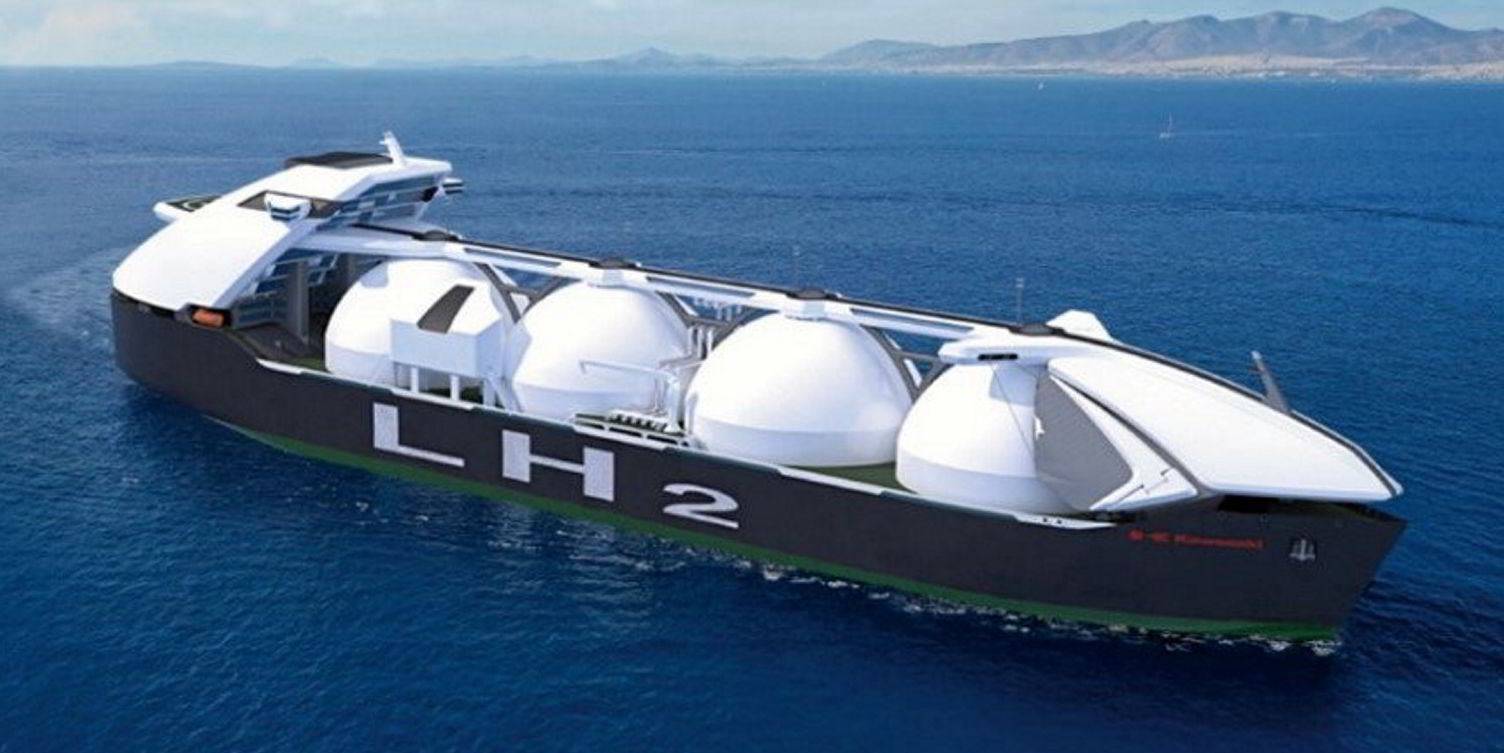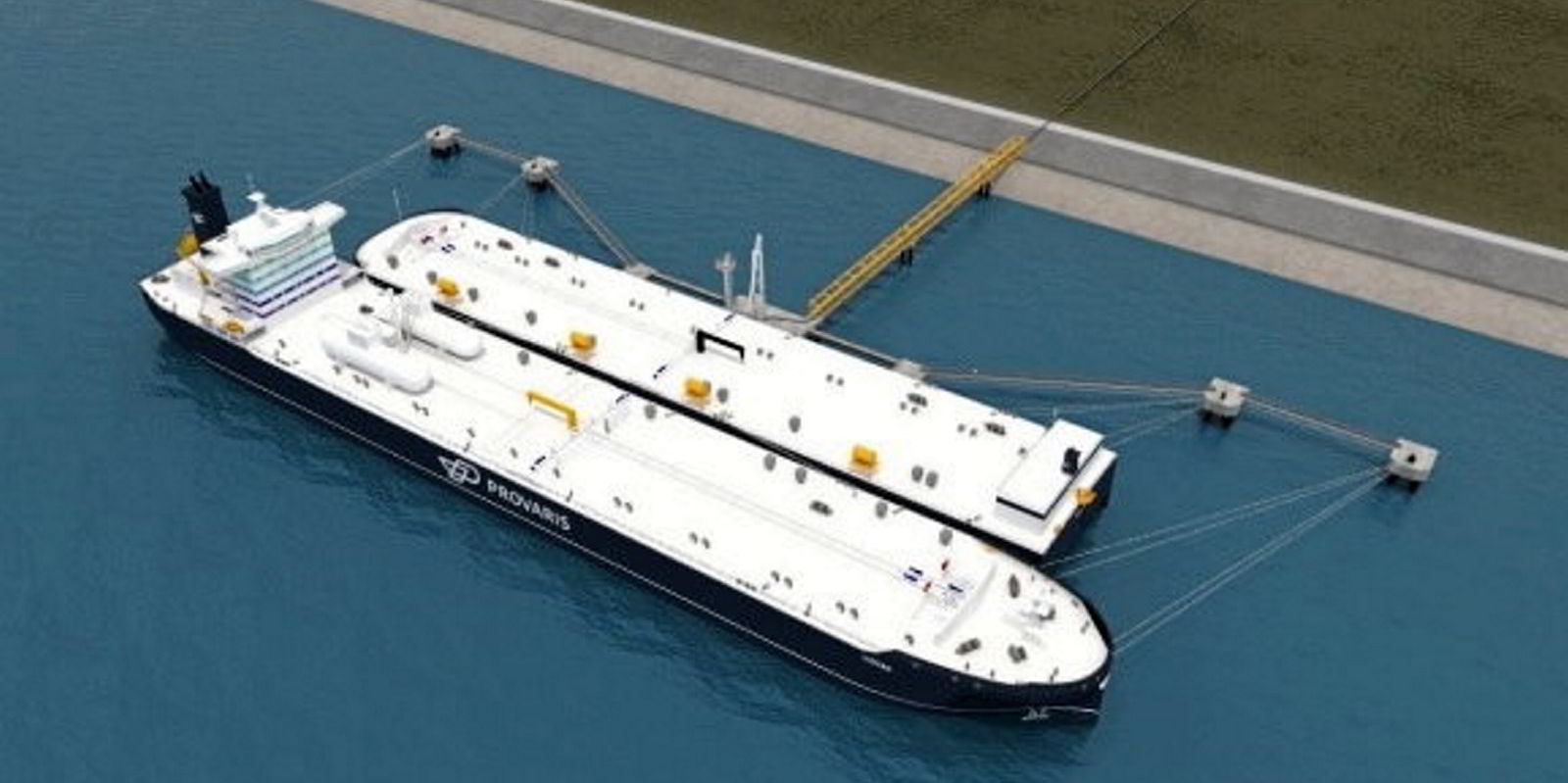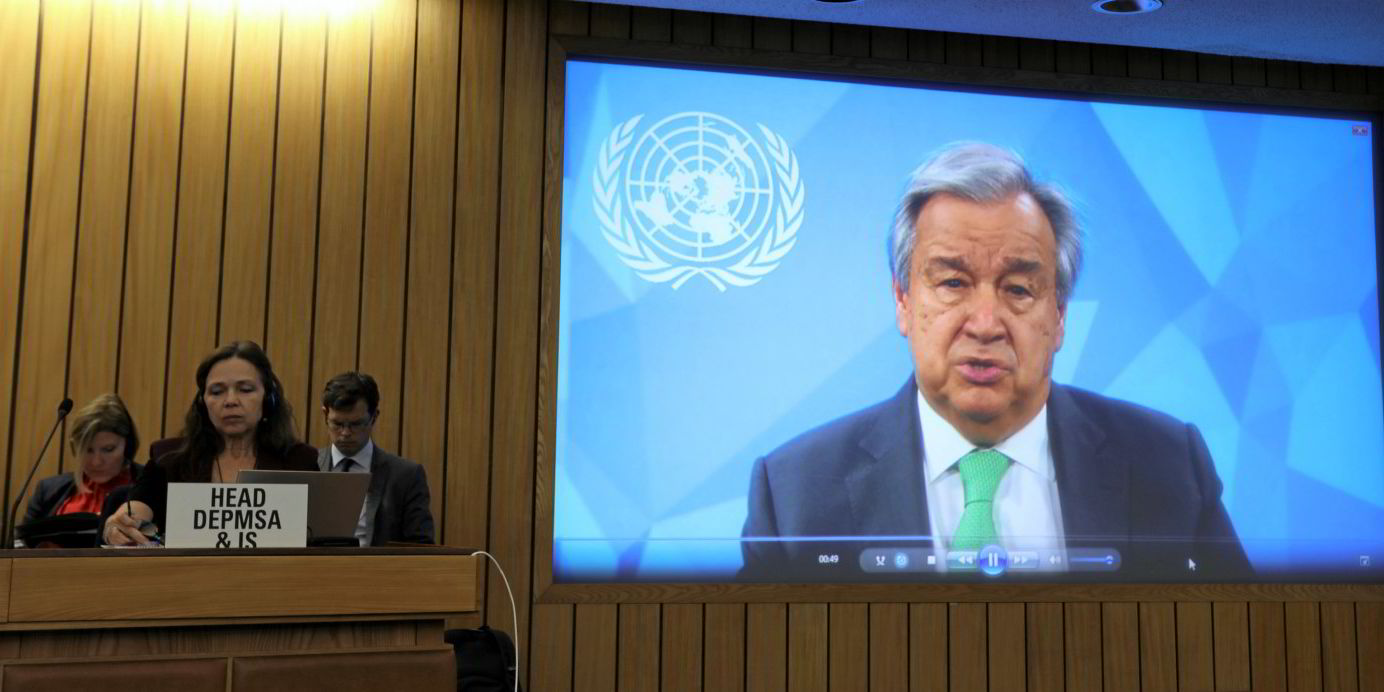Three Japanese shipping giants have come together to create a liquefied hydrogen (LH2) supply chain.
Mitsui OSK Lines, K Line and NYK have agreed to join Japan Suiso Energy (JSE) subsidiary JSE Ocean to establish an LH2 supply chain to increase the use of the fuel.
JSE Ocean was established in January to research sea transportation of LH2.
In the partnership, JSE will be the major shareholder with 50.2%, while the three shipping companies will each hold 16.6%.
“The expectation for hydrogen as a clean energy is increasing worldwide as we strive to achieve a decarbonised society,” said the consortium.
“Japan’s Basic Hydrogen Strategy, revised by the … government in June 2023, identifies hydrogen as the alternative to fossil fuels as it targets decarbonisation.”
The country is committing to supply 3m tonnes of hydrogen per year by 2030, 12m tonnes per year by 2040 and 20m tonnes per year by 2050.
The estimated cost to supply the clean energy is about ¥30 ($0.20) per cbm in 2030 and ¥20 per cbm in 2050 at the point of arrival in Japan.
“To achieve these price and volume targets, and create a secure global supply chain, transport by ship is crucial,” said the partners.
In August 2021, Japan’s New Energy & Industrial Technology Development Organisation allocated a grant from the government’s Green Innovation Fund to JSE, Iwatani Corp and Eneos Corp for the “Liquefied Hydrogen Supply Chain Commercialization Demonstration Project”.
In this project, JSE will establish the world’s first large hydrogen liquefaction and transportation technology, involving an initial 30,000 tonnes of hydrogen per year before upscaling.
JSE will also demonstrate a comprehensive and reliable global LH2 supply chain, covering hydrogen production, liquefaction, export from Australia, marine transportation and import.





